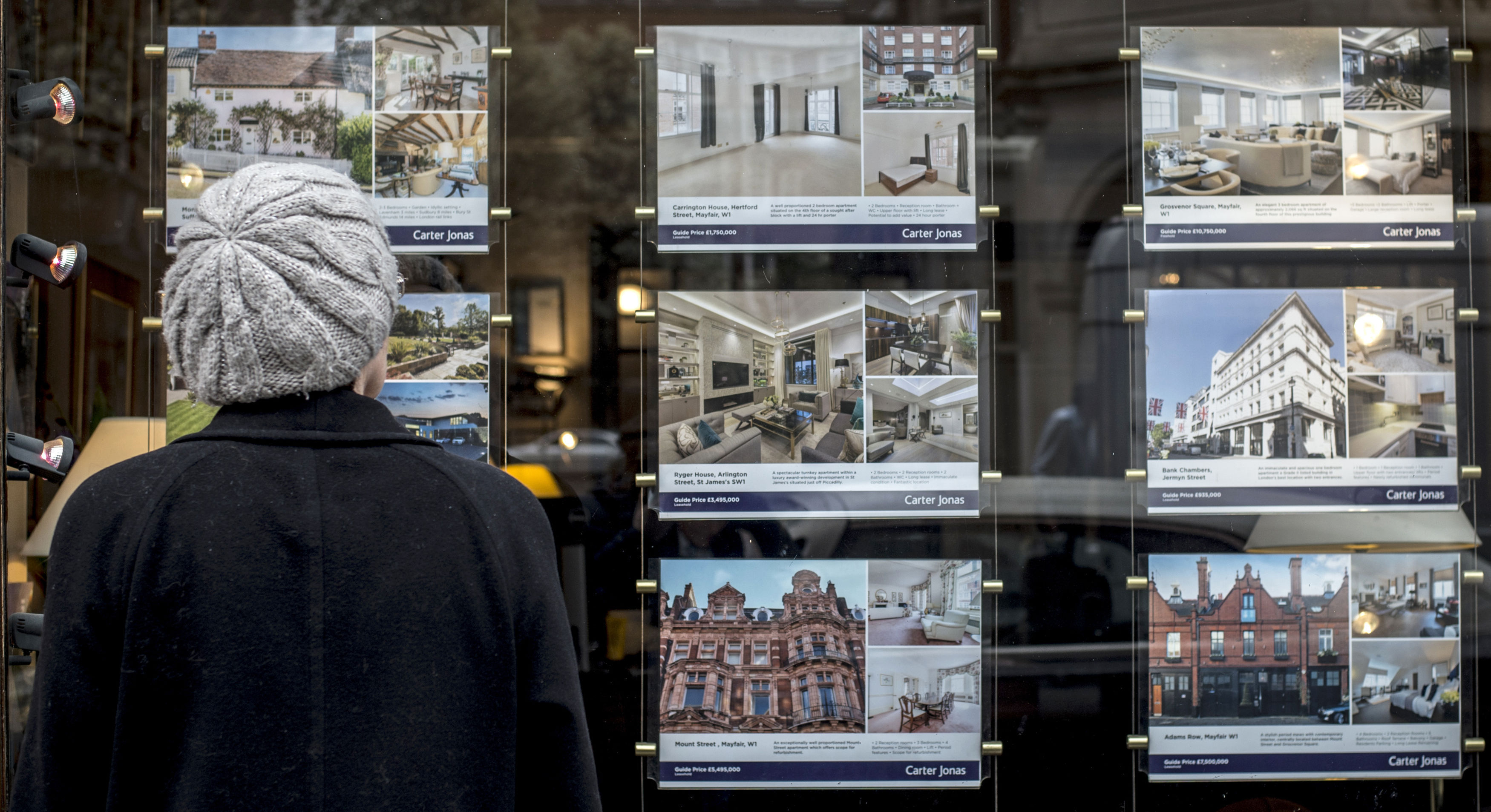
FIRST-TIME BUYERS make up nearly half of all house purchases financed by a mortgage but those taking their first step on the property ladder need to put down a £33,000 deposit on average, a report has found.
During the first half of 2017, 47% of all house purchases with a mortgage across the UK were made by first-time buyers, according to the Halifax First-Time Buyer Review.
But the average price paid for a first home is at a record high of £207,693, Halifax found. The average first-time buyer deposit put down in the first six months of 2017 was £32,899 – equating to 16% of the purchase price.
In London, first-time buyers need to put together a deposit of £106,577 typically, or 26% of the average price of a home.
First-time buyers in Northern Ireland put down the lowest deposits in cash terms on average, at £16,457. In Scotland, first-time buyers need a deposit of £21,565 on average while in Wales the typical first-time buyer deposit is £17,193.
Across the UK, the number of first-time buyers reached an estimated 162,704 in the first six months of 2017, which is only 15% below a peak seen in the last boom in 2006, Halifax said.
Schemes such as Help to Buy, combined with low mortgage rates, have given aspiring home owners a helping hand in recent years.
The proportion of first-time buyers has grown from 44% since the launch of Help to Buy in 2013, Halifax said.
There are also signs of first-time buyers stretching their loans out for longer, beyond the traditional 25-year term, to cover higher house prices.
In 2016, more than half (56%) of their mortgage terms were for 25 to 35 years. In 2007 just over a third (38%) of first-time buyer mortgages were for between 25 and 35 years, Halifax said.
The least affordable area for first-time buyers was identified as Brent in London. A typical first-time buyer home there costs £459,499 or around 12.5 times local average earnings.
Stirling in Scotland was identified as the most affordable place for first-time buyers, with a home there costing around £136,181 or around 2.9 times local average earnings.
Halifax used figures from the Council of Mortgage Lenders (CML) and the Office for National Statistics (ONS) for the research.
Martin Ellis, a housing economist at Halifax, said that for the third time in four years the numbers getting on the housing ladder in the first half of the year have exceeded 150,000 – “a level of momentum not seen since before the financial crisis”.
He said: “High levels of employment, low mortgage rates and government schemes such as Help to Buy have also helped these numbers remain robust, as first-time buyers continue to form a fundamental part of the UK housing market.”
Here are the average house prices paid by first-time buyers across the UK in the first half of 2017, followed by the average deposit and the deposit as a percentage of the purchase price, according to Halifax:
- North East England, £125,591, £18,594, 15%
- Yorkshire and the Humber £137,908, £19,848, 14%
- North West England, £146,551, £21,382, 15%
- East Midlands, £158,021, £23,747, 15%
- West Midlands, £164,737, £24,826, 15%
- East Anglia, £198,876, £33,138, 17%
- Wales, £136,103, £17,193, 13%
- South West, £202,700, £35,655, 18%
- South East, £276,773, £50,144, 18%
- London, £409,795, £106,577, 26%
- Northern Ireland, £117,716, £16,457, 14%
- Scotland, £139,041, £21,565, 16%

Enjoy the convenience of having The Sunday Post delivered as a digital ePaper straight to your smartphone, tablet or computer.
Subscribe for only £5.49 a month and enjoy all the benefits of the printed paper as a digital replica.
Subscribe